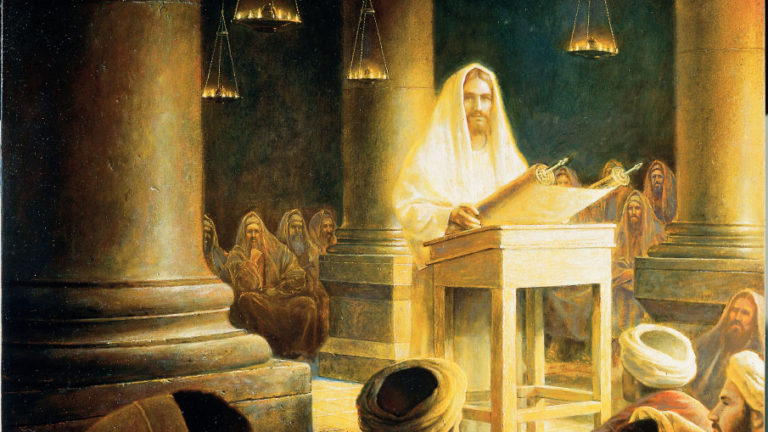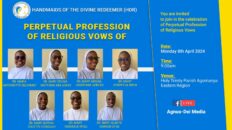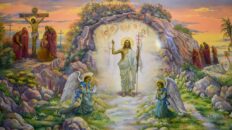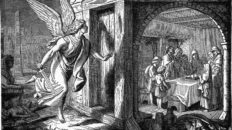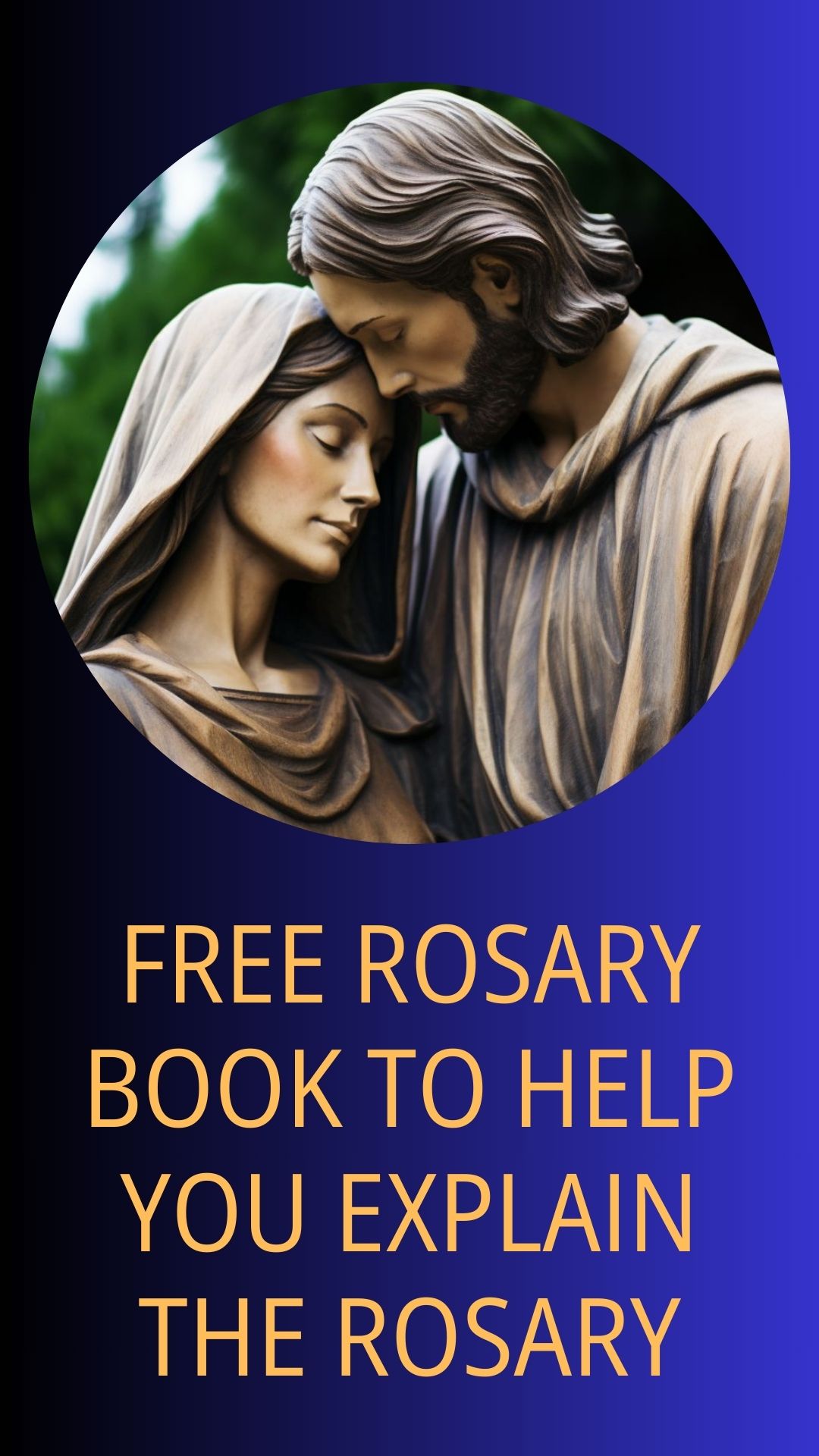THEME: PROCLAIMING THE WORD OF GOD
READINGS: Nehemiah 8:2-6, 8-10/ 1 Corinthians 12:12-30/ Luke 1:1-4; 4:14-21
3rd Sunday in Ordinary Time
In the first reading, the people of God assembled for hours listening to His Word (Neh. 8:2-6, 8-10). Similarly, in the gospel reading, Jesus Christ read from the Book of the Prophet Isaiah and interpreted the passage during a Sabbath liturgy (Luke 4:14-21). These passages remind us of the importance of the proclamation of the Word of God in the Liturgy or in public worship.
I, therefore, wish to reflect on the importance of the homily during the Holy Mass. The Holy Mass has two main parts, namely, the Liturgy of the Word and the Liturgy of the Eucharist. The Liturgy of the Word consists of the readings from Scriptures, the homily, the profession of faith and the bidding prayers; whereas in the Liturgy of the Eucharist we receive the body and blood of Christ in the form of bread and wine.
Now, if we see the Liturgy of the Eucharist as the heart of the Holy Mass, then the Liturgy of the Word is like the life-giving lungs of the Holy Mass. I take the imagery of the breathing lungs from a statement Pope (Emeritus) Benedict XVI once made in 2011. The Liturgy of the Word is life-giving because, as today’s Responsorial Psalm reminds us, the Word of God is spirit and life (cf. John 6:63).
Now, as human lungs are the organs by which our bodies are supplied with life-giving oxygen, so is the Liturgy of the Word to our worship or the Holy Mass. If we see the Liturgy of the Word as the breathing lungs of the Holy Mass, then, a soul-inspiring homily is like the fresh breath or the energizing oxygen which makes the congregation experience the new life of the Mass.
The Word of God is not only life, for it is also rich. Indeed, its worth cannot be measured. Thus, the psalmist says that the Word is far more than gold (cf. Psalm 19:10). If the Word of God we hear or read is far more than gold, then, Scriptures or the Written Word of God can be seen as a super-gold mine. In this perspective, the priest or preacher has the duty to painstakingly extract the precious minerals of God’s message from the super-gold mine of Scriptures. In this mining exercise, the grace of the Holy Spirit serves as the miner’s lamp, whereas prayer, reading, meditation and writing serve as some of the mining tools of the priest or preacher.
Let us take today’s gospel reading to illustrate some ounces of super-gold which Jesus Christ mined to enrich His audience. In the first place, when Jesus took the Book of Isaiah, He read that “the Spirit of the Lord is upon me, because he has anointed me to proclaim good news to the poor” (cf. Luke 4:18). Jesus’ proclamation was Good News to the poor, because it gave them hope in God’s love, providence and salvation. In other words, Jesus enriched the poor with hope in God’s love, providence and salvation by proclaiming the Good News to them. Similarly, well-prepared homilies could gladden the hearts and minds of the poor. It could give them a delightful hope in God’s love, providence and salvation.
Secondly, Jesus Christ proclaimed liberty to the captives (cf. Luke 4:18). Similarly, inspiring homilies could liberate those captured by fear, failure, sicknesses, etc. – delighting them in the end.
Thirdly, Jesus Christ proclaimed freedom to the oppressed (cf. Luke 4:18). Similarly, those oppressed by sin and guilt could be delighted by an inspiring homily on God’s mercy, forgiveness and salvation.
Fourthly, Jesus Christ proclaimed recovery of sight to the blind (cf. Luke 4:18). So, an inspiring homily could enlighten those blinded by spiritual ignorance – delighting them in the Light of Christ (cf. John 8:12; 9:5)!
Fifthly, Jesus Christ proclaimed God’s year of favour (cf. Luke 4:19). Similarly, an inspiring homily would convey to all the everlasting jubilee of salvation in Jesus Christ!
After reading from the Book of Isaiah, our Lord stated: “Today this Scripture has been fulfilled in your hearing” (Luke 4:21)! Therefore, when an inspiring homily conveys the Good News to the poor, liberty to the captives and the oppressed, sight to the blind and God’s favour to all, the congregation’s response of “Amen” at the end of the homily is their heartfelt reaffirmation of Jesus’ words that the portion of Scripture they heard that day has been fulfilled.
Finally, beloved, pray for us who have the spiritual duty of proclaiming God’s Word that the grace of God will abundantly shine whenever we begin to mine the super-gold mine of Scriptures; that we will always painstakingly extract the precious messages of God with the tools of prayer, reading, meditation and writing; and that the messages we proclaim will always bring fulfillment of God’s promises to our hearers or congregations. Amen!
By Very Rev. Fr. John Louis

